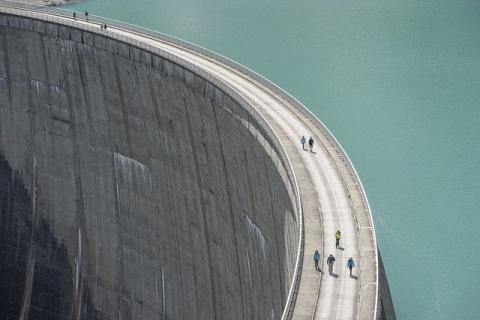
Region: Global
Country: Global / Non-Specific
Sectors: Water and Sanitation
Keywords: Private Sector
Document(s):
Approaches to Private Participation in Water Services (PDF)1.63 MB
Document Summary:
Often the root cause of poor utility performance is the system of rules and incentives, which can cause decision makers to act against the public interest. Ministers may know that higher tariffs are necessary for good service, but refuse to allow the increase, because the political and social pain of the increase will be felt immediately, whereas it may be years before the higher revenues translate into better service. Patronage systems mean that well-connected applicants will be given managerial positions, even if they are not the best qualified for the job. The patrons may then expect contracts to be awarded to friends. Similarly, workers paid to disconnect customers may accept payment to reconnect the same customers illegally. To fix these problems, governments need to tackle questions like the following:
- How can we create a system that selects good managers and gives them freedom to act?
- How can we make sure that the utility is efficient? How can we make sure that the utility has enough money—from tariffs or reliable subsidies—to cover all its costs?
- How can we make sure that new capital expenditure is wisely planned?
- How can we provide opportunities for the utility to finance service expansion when internally generated funds are insufficient?
Document Details:
Many governments have reformed their utilities without private participation through restructuring, technical assistance, appointment of new board members and managers, development-agency assistance, and so forth. For example, the water utility serving Phnom Penh, Cambodia, has achieved considerable success through such means. Parts of this Toolkit, including the approach to stakeholder consultation, setting upstream policy, and defining service standards, tariffs, and subsidies may be useful to governments contemplating reforms within the public sector.
For more information about this sector, please visit Public–Private Partnerships in Water and Sanitation.
Updated: April 26, 2021